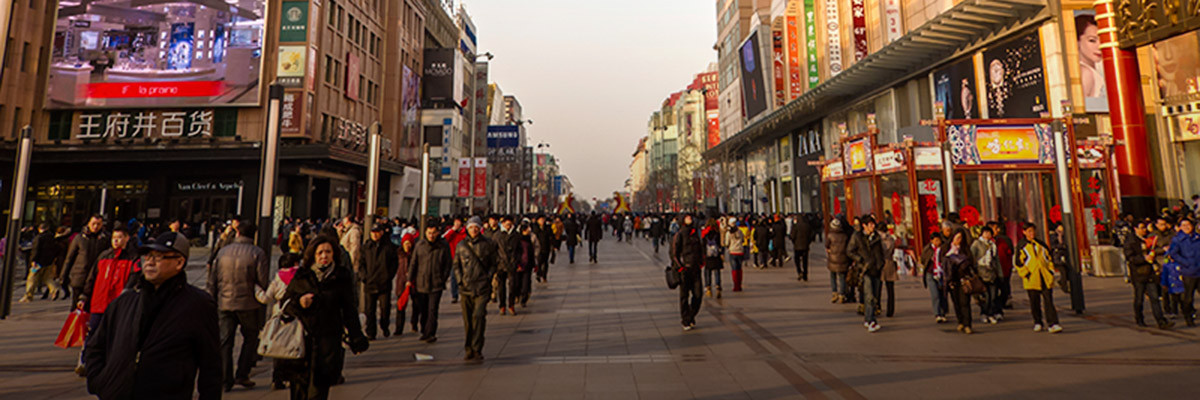
Earlier this year, we published BSR’s approach to working with business to promote an inclusive economy. This focused on three pillars: good jobs that enable strong livelihoods, access to essential goods and services, and investments for prosperous local communities.
In China, we’ve had the opportunity to learn more about the “access pillar” for the technology sector, specifically, through an exciting new project on how to enhance the lives of the blind and vision-impaired (BVI) through a mobile application designed around their needs. This project was developed in partnership with Qualcomm® Wireless Reach™.
The World Health Organization estimates that there are five million blind people in China today, which is more than the population of New Zealand. We developed a project to explore how mobile technology could increase the ability of BVI people in China to access products and services and to participate in the economy and their communities by overcoming two major, everyday challenges: navigating unfamiliar environments and recognizing information.
To develop the mobile application, we adopted an “inclusive by design” approach, in which we actively sought out the perspectives of marginalized groups that might not normally be included in product design discussions. We created a four-step process:
- Identify the Issues: We engaged with key stakeholders such as the China Blind Association, the China Disabled Persons Foundation, and a leading NGO called Hong Dan Dan, to understand the most pressing needs facing the BVI group.
- Confirm and Test the Concept: We then developed a concept for a mobile application to address daily challenges BVI people face and tested the concept with the same group of stakeholders—which revealed needs that we may not have otherwise identified. For example, a technology-only solution proved unlikely to help BVI people get from location A to location B, which led us to consider a volunteer component.
- Develop the Product: We then built a partnership with a social enterprise that specializes in designing software solutions for BVI people to develop the actual mobile application and test it with their customer base.
- Refine the Product: In the near future, we will test the mobile application with BVI groups in Beijing and Shanghai to refine and improve the solution to ensure it meets user requirements.
The application’s intended outcome is to increase BVI people’s ability to participate in the economy and improve their livelihoods by, for example, independently accessing retail outlets and healthcare, financial, or educational services. The application is also intended to provide greater access to information through a picture and text recognition function that will help BVI people interpret things like instructions for taking medicines or the ingredients in a food product. The app could enrich BVI people’s social and cultural lives through access to entertainment, as well.
This project suggests that when companies integrate the needs of traditionally disadvantaged or excluded groups in society into the process for designing products and services, they can also generate business benefits, such as market access, innovation, and workforce engagement. To start, all companies have to do is think about the opportunities for being inclusive by design.
Let’s talk about how BSR can help you to transform your business and achieve your sustainability goals.
